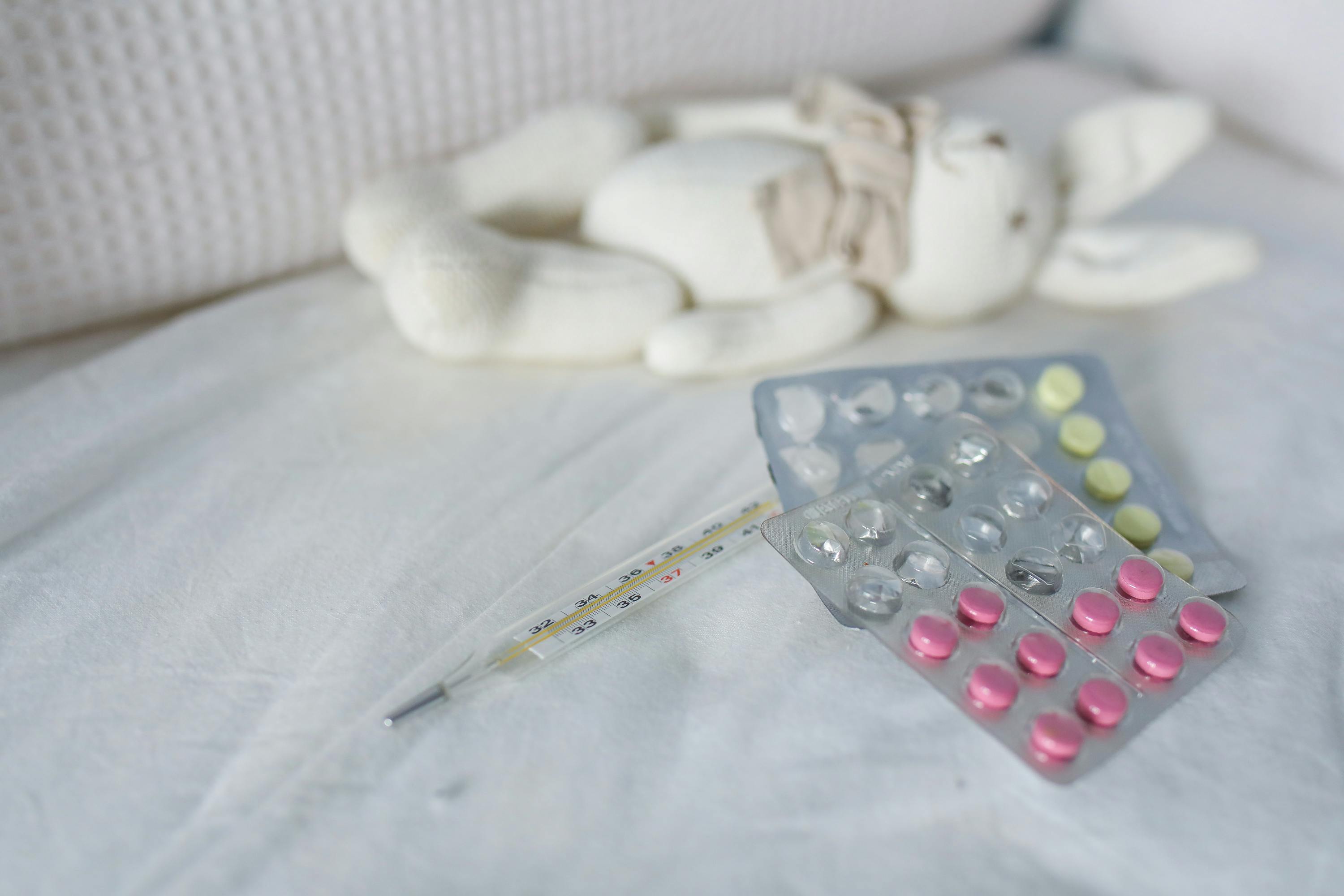
Knee pain and chondromalcia patella in female lacrosse players.
Knees! Knees! Knees!
don’t you run A lacrosse player? STRAIGHT!
I recently heard from one of my players that he had pain in his knee. She didn’t know that I’ve been working with this kind of thing since she was in college. If she had known she had the problem, she could have helped her with it. Instead: she had gone to her GP and been told “don’t kneel, don’t run!” The doctor didn’t even give him a diagnosis! It was such a simple problem, and she could have done so much to help herself! Instead, she suffered!
I have no problem seeing a family doctor for a problem. But, I’m interested in simple solutions, and if you want to keep your daughter in the field, then you should be, too. If your daughter has complained of knee pain, she should perhaps read on.
Chondromalacia patella or patellar tendonitis…
Chondromalacia patellae/tendonitis is very common in young athletes, and particularly in girls. It is the wearing down or softening of the cartilage behind the kneecap. There are several theories as to why this happens: 1. When growing fast, bones change shape or length, and muscles and tendons sometimes don’t change as fast. 2. Everything we do engages the lateral (or outside) of the quad. This leads to overdevelopment of that muscle. This causes the kneecap to move up and out when the quads contract. This takes it out of its normal path and causes it to wear down faster than it should. 3. There may be some misalignment of the hip causing external rotation of the hip and thus the femur, resulting in an altered Q angle at the knee. This also changes tracking.
What can we do for our children that is easy, cheap and drug-free?
Seeing your GP is a good idea, just to make sure there are no orthopedic issues: no ACL, MCL, or meniscus tears. Or you can ask me to take a quick look at it and I can tell you what I think. (I’m a sports doctor, you know!) Funny, I always forget to tell parents that I’ve been working with sports injuries for 20 years. And most of them have been in young female athletes. I think I get so intense with training that I forget what I do for a living! Maybe this is how it should be…
Once we know the joint tissues are intact, there are things you need to do for them so they can train through this injury. I want to keep them all ON THE field! We don’t have time for injuries!
Breaks the inflammatory process:
Pot Cup icing:
- 2-6 times a day. In the morning and at night at least. The more the better.
- Allow at least 20 minutes between frostings.
- Go to the store and get a box of Dixie glasses. Fill about 12 with water and freeze. When you’re ready to put ice in, take one out, remove the top of the cup so you can hold the cup at the bottom and the ice cube is above the torn edge.
- Put the leg up, so that it is almost straight, and a towel behind it. This gives the water a place to drain.
- Set a timer for exactly 5 minutes. Put that ice cube directly on the skin. Circle the patella on the surrounding soft tissue. Focus on the area just below the kneecap where swelling tends to accumulate. Keep spinning until the timer goes off: 5 minutes. stop.
- You will first feel cold, then pain, and then numbness. Don’t stop until 5 minutes have passed!
traumael:
- Use it every time you ice.
- This is a homeopathic cream/gel remedy that I use for inflammation and sports injuries. Look it up on the net. My patients use it. I don’t sell it, so they get it online, and they say there are great deals out there!
- Use the same amount as if it were toothpaste, and you really enjoyed the taste. Rub it all over your knee, patella, and joint. Don’t wash it.
- Put on more before you go to bed! That’s 2-3 times a day!
- You can keep this in your lacrosse bag for the season. It works very well!
Rebuild cartilage:
- Take glucosamine sulfate. 1200mg/day.
- There was a book written on this subject called “The Arthritis Cure.” Read it if you want. He says studies show it works and there are no side effects. Let’s face it, young or old, arthritis and cartilage wear and tear are the same thing.
- No, you can’t get enough GAS on a normal, healthy diet. Keep taking it even after you feel better.
- Don’t buy glucosamine HCL. Studies show that it does NOT work.
- Don’t bother with chondroitin sulfate. It works for some, but there are no double-blind placebo studies that show it works. There are testimonials and anecdotal “proof”. NOT GOOD ENOUGH for me.
Change patella tracking:
- Ride a bike 3 times a week for 20 minutes on flat ground. The seat should be high enough that the knee is straight in the down position. Keep moving your feet all the time.
- Using a stationary bike is even better. Use light voltage.
- Follow with icing and traumeel
Once you start to feel a little better, leg raises:
- Lie on your back with your legs straight. Turn the toe of your injured leg out and lift your straight leg until it’s 75% of the way up (about 25% down from pointing toward the ceiling).
- Do this with just the weight of the leg at first. Then place 2 soup cans in 2 tube socks, and tie the top ends together, wrap them around your ankle and use as resistance.
- Start with 2 sets of 10 reps and work your way up to 4 sets of 20.
If you are old enough to go to the gym, then:
Leg extensions in the last 15 degrees of extension.
- This works the medial quadriceps. This can change the tracking issue very fast!
- Start with your leg straight. Fold Go from slightly folded to slightly straight and vice versa. Don’t force it into hyperextension!
- Start out relatively light (10-20lbs), and only work your way up to light-medium (30-40lbs)!
- Start with 2 sets, 1 minute rest in between. Do 10 repetitions.
- You can work up to 6 series, with 1 minute of rest between them.
Feeling better!
Until then, play more lacrosse! See you in the field!
Coach Jen
www.girlslax.org
www.triplethreatlax.com






